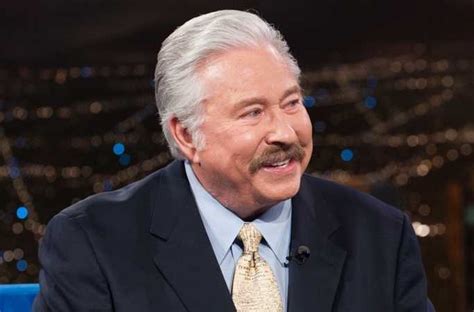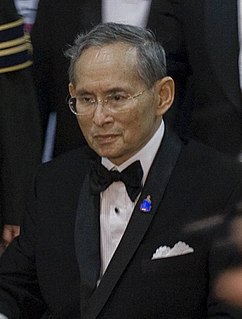A Quote by William F. Buckley, Jr.
We are, always, reminded of the old saw: What would happen if the Soviet Union took over the Sahara Desert? Answer: Nothing for 50 years. After that there would be a shortage of sand.
Related Quotes
This much I would say: Socialism has failed all over the world. In the eighties, I would hear every day that there is no inflation in the Soviet Union, there is no poverty in the Soviet Union, there is no unemployment in the Soviet Union. And now we find that, due to Socialism, there is no Soviet Union!
In the wake of the collapse of the Soviet Union, everyone in America assumed that there would be wars to follow - wars over the reunification of Germany, over the nations within the sphere of Soviet influence, and more. There weren't, because George H. W. Bush's policies and diplomacy prevented that.
My mother was really involved with the Refusenik campaign with Soviet Union Jews. They would come and stay at our house, some of them, after they managed to get out of the Soviet Union at the time. There were things that were Jewish-related happening in my house quite consistently, but it was much more from a kind of activist standpoint.
Why were the Europeans bothered about the Soviet Union at all? It was nothing to do with us. China had nothing to do with us. Why were we not building, without reference to the Soviet Union, a good society in our own countries? But no, we were all - in one way or another - obsessed with the bloody Soviet Union, which was a disaster. What people were supporting was failure. And continually justifying it.
Hans Rosling typically would go into the room, and he would ask the audience questions. Often they had to answer them with clickers or raising their hands or something. We get [data] wrong because 50 years ago that wasn't the case and because we haven't had these graphics we don't realize that over the last 30, 40, 50 years things have changed dramatically. And you see how the world has been getting a better, safer, more homogeneous place. It just has.
Back in 1956, we signed a treaty and surprisingly it was ratified both by the Supreme Soviet of the Soviet Union and the Japanese Parliament. But then Japan refused to implement it and after that the Soviet Union also, so to say, nullified all the agreements reached within the framework of the treaty.
The first year I was in office, only about 800 people came out of the Soviet Union, Jews. By the third year I was in office... second year, 1979, 51,000 came out of the Soviet Union. And every one of the human rights heroes - I'll use the word - who have come out of the Soviet Union, have said it was a turning point in their lives, and not only in the Soviet Union but also in places like Czechoslovakia and Hungary and Poland [they] saw this human rights policy of mine as being a great boost to the present democracy and freedom that they enjoy.
During 1989, my mother, who was exceedingly good at finding these free programs - you know, we were on welfare, just trying to get through - but she would find these amazing programs. She sent me to the Soviet Union at the age of 12 to go study in the forest of then-Leningrad with 50 other Soviet kids.

































